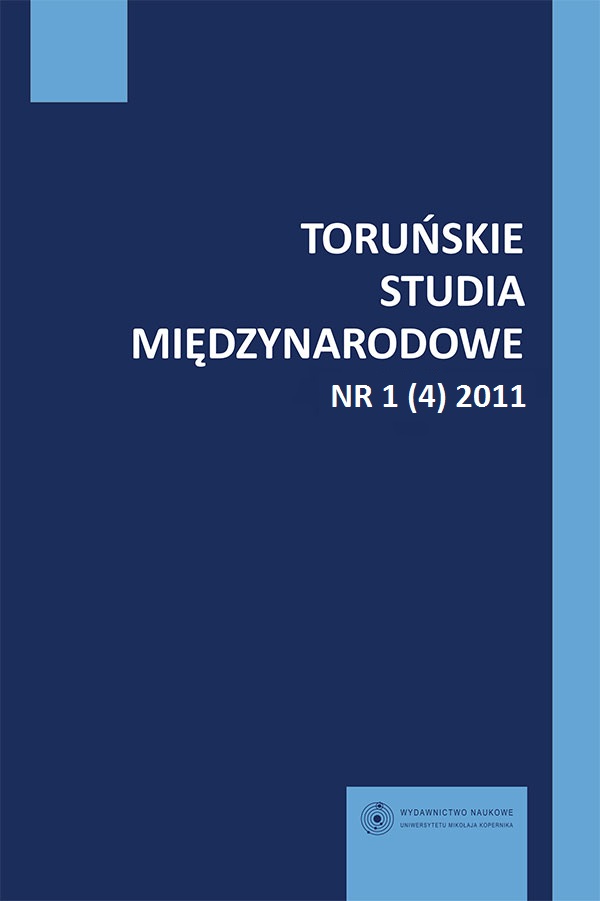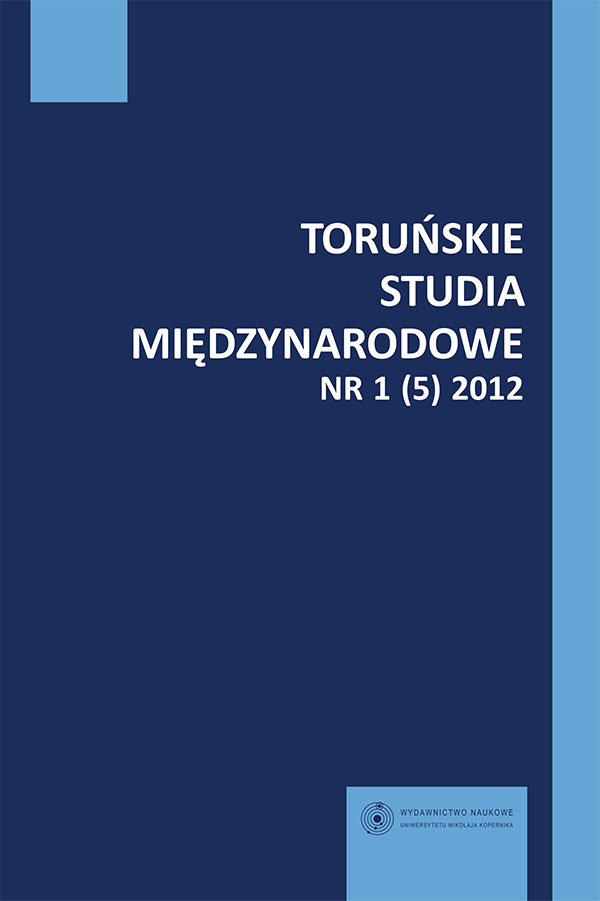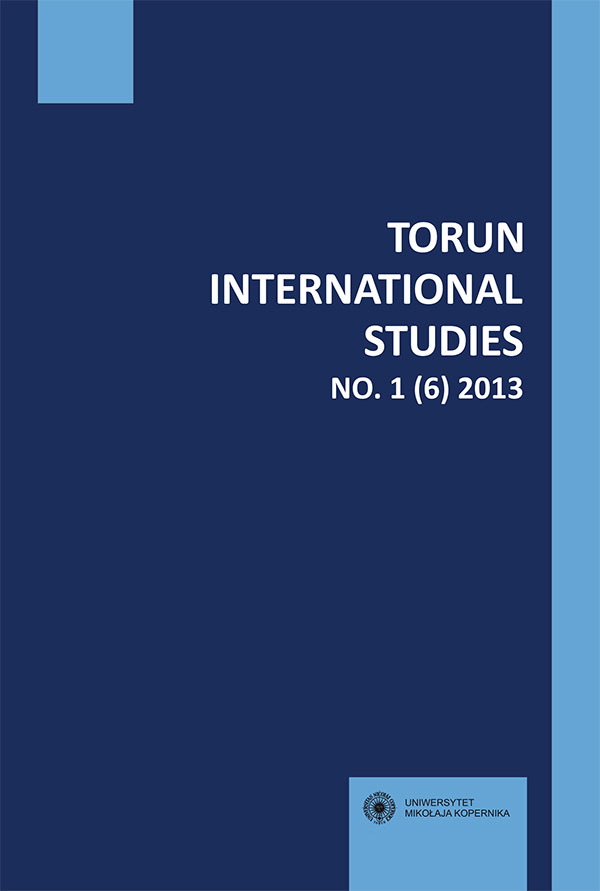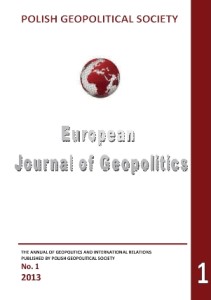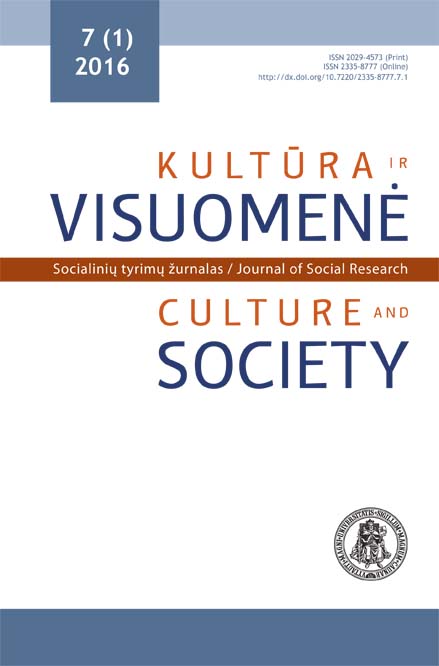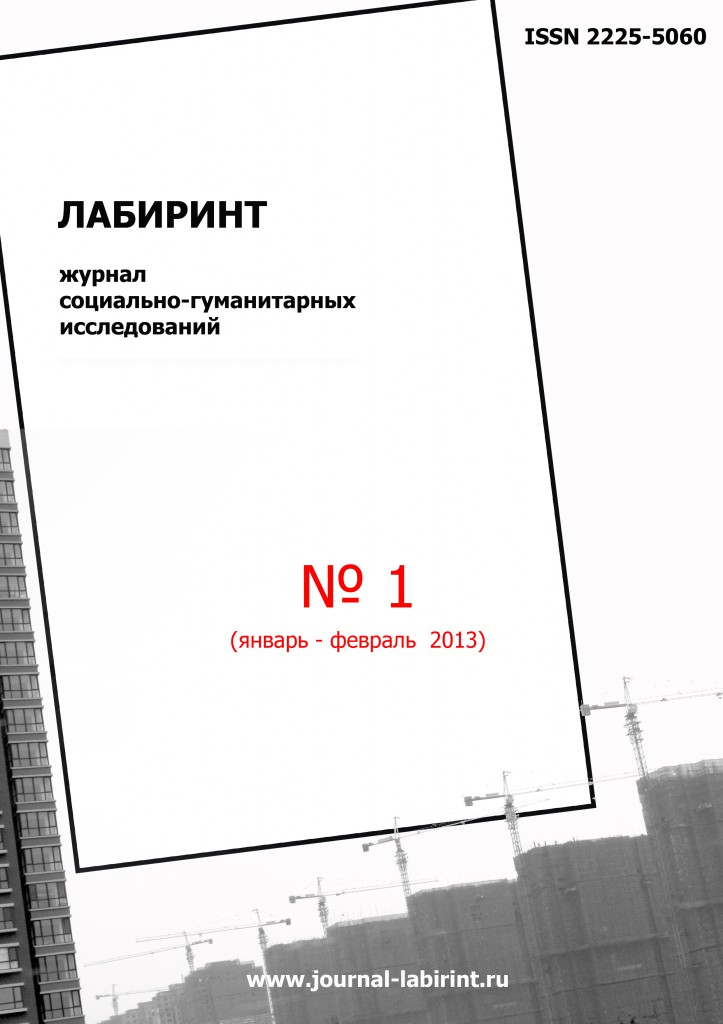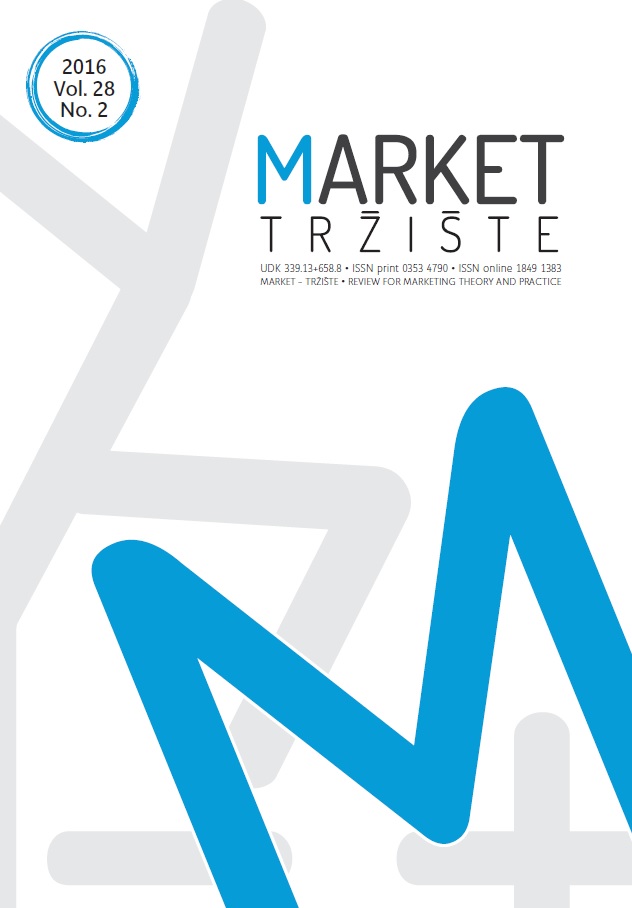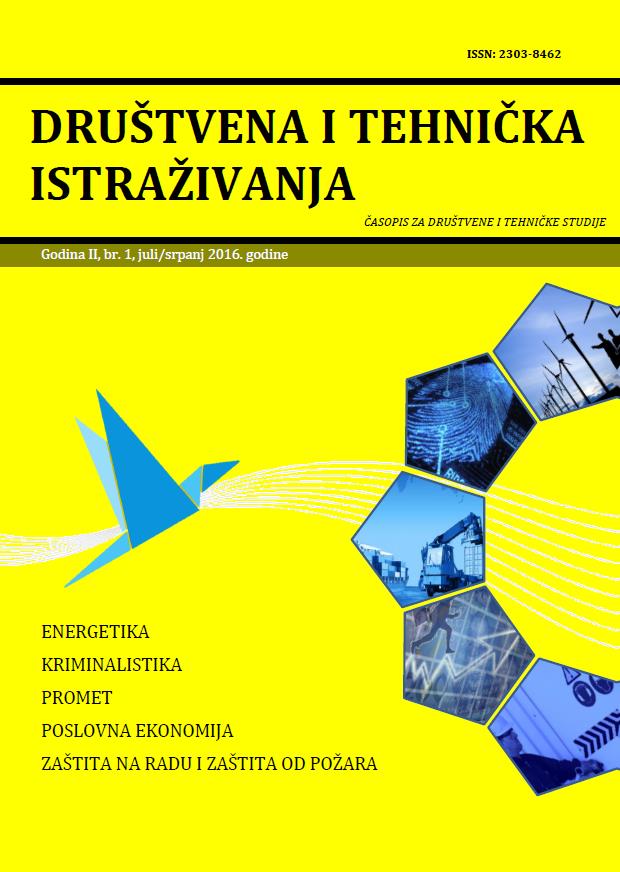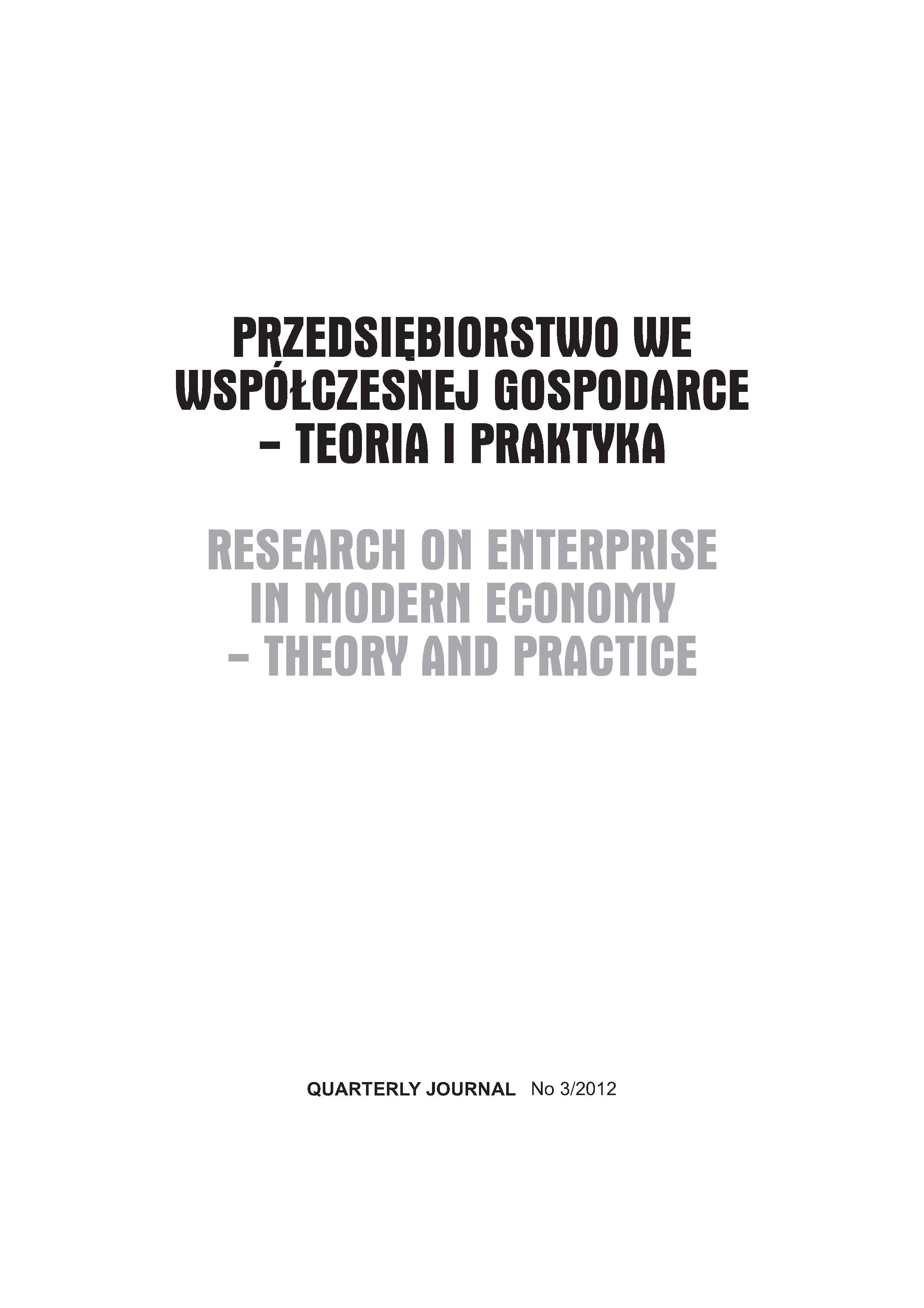
Transformation chic. Przyczynek do semiotyki mody okresu przełomu
The subject of reflection in present article was Polish fashion in the era of transformation, examined as testimony to cultural and social changes as well as a proof of crystallization of new social, class and gender transformations. The first characteristic figure is “ the modern woman of the 90s” – thus defined by economic advancement and also emancipatory attitude expressed among others in the formula of the era’s guidebooks. Media created another ideal: a model reader of “Burda” magazine; she was able to combine pining for European chic with economic thrift. Jolanta Kwaśniewska is confronted with these ideals herein. Clothes, that were chosen by the changing society, were divided into two groups: “elitist” and “plebeian”. “Burda” belonged to the former. The “plebeian” current is represented in the transition period by the king of bazaar and the chav. The former exemplifies the carnival spirit and eclecticism of the `90s; the latter, the most characteristic class habitus of the decade within the meaning of Pierre Bourdieu. Equally crucial is combining the new inspirations with national traditions – most of all: longing for fantasy, independence and sumptuousness of the Sarmatians with longing for mythical America. The paper is concluded with a reflection on sartorial minimalism as a way to counter esthetic chaos of the transition period.
More...
